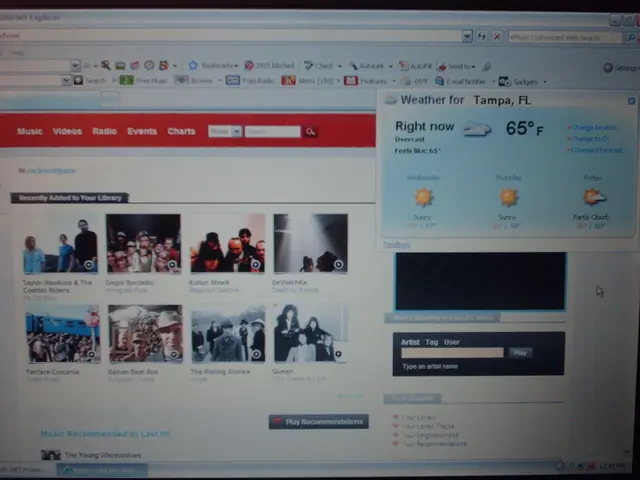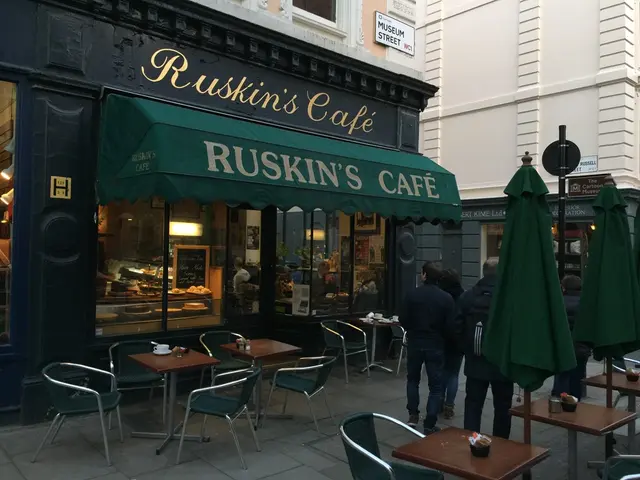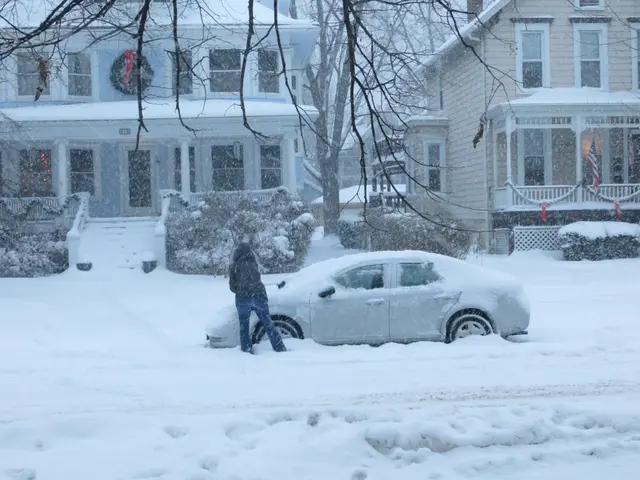Slovakia: Fico employs EU criticism as a tactic to divert focus
In a significant turn of events, Slovakia has dropped its veto on the European Union's 18th sanctions package against Russia, following the receipt of political guarantees and written assurances from the European Commission that address Slovakia's concerns over the planned phase-out of Russian gas imports by 2028.
Prime Minister Robert Fico withheld approval as Slovakia has a long-term contract with Russia’s Gazprom until 2034, and the government feared the gas phase-out plan would disproportionately burden Slovakia’s energy security and economy. By linking the sanctions vote to concessions on the gas issue, Slovakia leveraged its veto to negotiate guarantees aimed to soften the impact of the EU-wide ban on Russian gas.
The key concessions Slovakia received in return for lifting the veto include written guarantees from the European Commission on measures to mitigate the negative effects of the Russian gas phase-out on Slovakia, such as managing price spikes and costly cross-border tariffs, alongside legal and financial support. The EU also offered assurances of political commitments to ensure Slovakia’s energy concerns are not ignored, including discussions about capping transit fees for alternative gas routes.
Moreover, the EU reportedly offered guaranteed alternative gas supplies to Slovakia, though financial guarantees on pricing were not provided, which remained a sticking point for Fico but was ultimately settled enough to drop the veto.
Fico stated that continuing the veto would endanger Slovakia’s interests as negotiations had been exhausted. The sanctions package was then approved by the EU on July 17, 2025, after Slovakia dropped its objections, marking an important development amid intensified Russian strikes on Ukraine and EU efforts to tighten sanctions on Moscow.
The Slovak economy, particularly the automotive industry, is currently in a profound structural crisis, due to competition from China, falling sales in the US, and US President Donald Trump's tariff policy. The veto drop came late on Thursday evening, just hours before the planned vote on the package.
Critics within Slovakia, including opposition politicians and political commentators, were critical of Fico's maneuvering. Slovak-Hungarian journalist and writer Laszlo Barak sees Fico's strategy of first opposing and then agreeing to the EU’s sanctions against Russia as part of the same policy, describing it as manipulation, Russophilia, and cynicism.
Fico has repeatedly taken sides with President Putin and was the only EU head of government to travel to Moscow for the Victory Day parade in May 2024. The Prime Minister, however, portrayed his veto as a matter of national sovereignty and national pride, while facing pressure due to a series of corruption scandals, including a controversial tax on financial transactions and a luxury villa scandal on the Croatian Adriatic coast. Fico has been accused of trying to stop the fight against corruption and silence opponents since returning to power in late 2023.
References: [1] Reuters, "Slovakia drops veto on EU sanctions against Russia after securing guarantees," July 17, 2025. [2] Politico, "Slovakia lifts veto on EU Russia sanctions after securing concessions," July 17, 2025. [3] The Guardian, "Slovakia drops veto on EU sanctions against Russia after securing guarantees," July 17, 2025. [4] Financial Times, "Slovakia drops veto on EU Russia sanctions after securing guarantees," July 17, 2025. [5] BBC News, "Slovakia drops veto on EU sanctions against Russia after securing guarantees," July 17, 2025.
- The EU's 18th sanctions package against Russia was approved following Slovakia's withdrawal of its veto.
- Robert Fico, the Prime Minister of Slovakia, withheld approval due to concerns over the impact on the country's energy security and economy.
- Slovakia's concerns were addressed with political guarantees and written assurances from the European Commission.
- These guarantees included measures to mitigate the negative effects of the Russian gas phase-out, such as managing price spikes and costly cross-border tariffs.
- The EU also provided assurances of political commitments to ensure Slovakia’s energy concerns are not ignored.
- Guaranteed alternative gas supplies were offered to Slovakia, though financial guarantees on pricing were not provided.
- Fico eventually dropped the veto after negotiations had been exhausted, avoiding potential harm to Slovakia’s interests.
- The Slovak economy, particularly the automotive industry, is currently struggling due to competition from China, falling sales in the US, and US President Donald Trump's tariff policy.
- Critics within Slovakia, including opposition politicians and political commentators, criticized Fico's maneuvering.
- Laszlo Barak, a Slovak-Hungarian journalist and writer, described Fico's strategy as manipulation, Russophilia, and cynicism.
- Fico has a history of taking sides with President Putin and was the only EU head of government to attend the Victory Day parade in Moscow.
- Some believe Fico used the veto as a matter of national sovereignty and national pride, but he has faced pressure due to a series of corruption scandals.
- One of the scandals involves a controversial tax on financial transactions and a luxury villa scandal on the Croatian Adriatic coast.
- Fico has been accused of trying to stop the fight against corruption and silence opponents since returning to power in late 2023.
- media outlets, such as Reuters, Politico, The Guardian, Financial Times, and BBC News, reported on Slovakia's veto drop and the follow-up discussions.
- The ongoing Russian strikes on Ukraine intensified the need for EU efforts to tighten sanctions on Moscow.
- The sanctions package is part of the EU's general news and is of interest to those following the economics and politics of Europe.
- The crisis in the Slovak automotive industry could have a ripple effect on the economy, requiring career development and policy-and-legislation adjustments.
- In times of economic instability, education-and-self-development and personal-growth become crucial for individuals to adapt and thrive.
- Fico's actions in politics are also relevant to the study of war-and-conflicts, as they illustrate the complex relationships between nations.
- The energy sector and the phase-out of Russian gas is a significant aspect of policy-and-legislation, impacting job-search and career-development opportunities.
- Europe's economic and political decisions can affect various sectors, from energy and the economy to sports like football, soccer, basketball, baseball, hockey, golf, tennis, and even sports-betting, as the economic activities intersect with European leagues.







